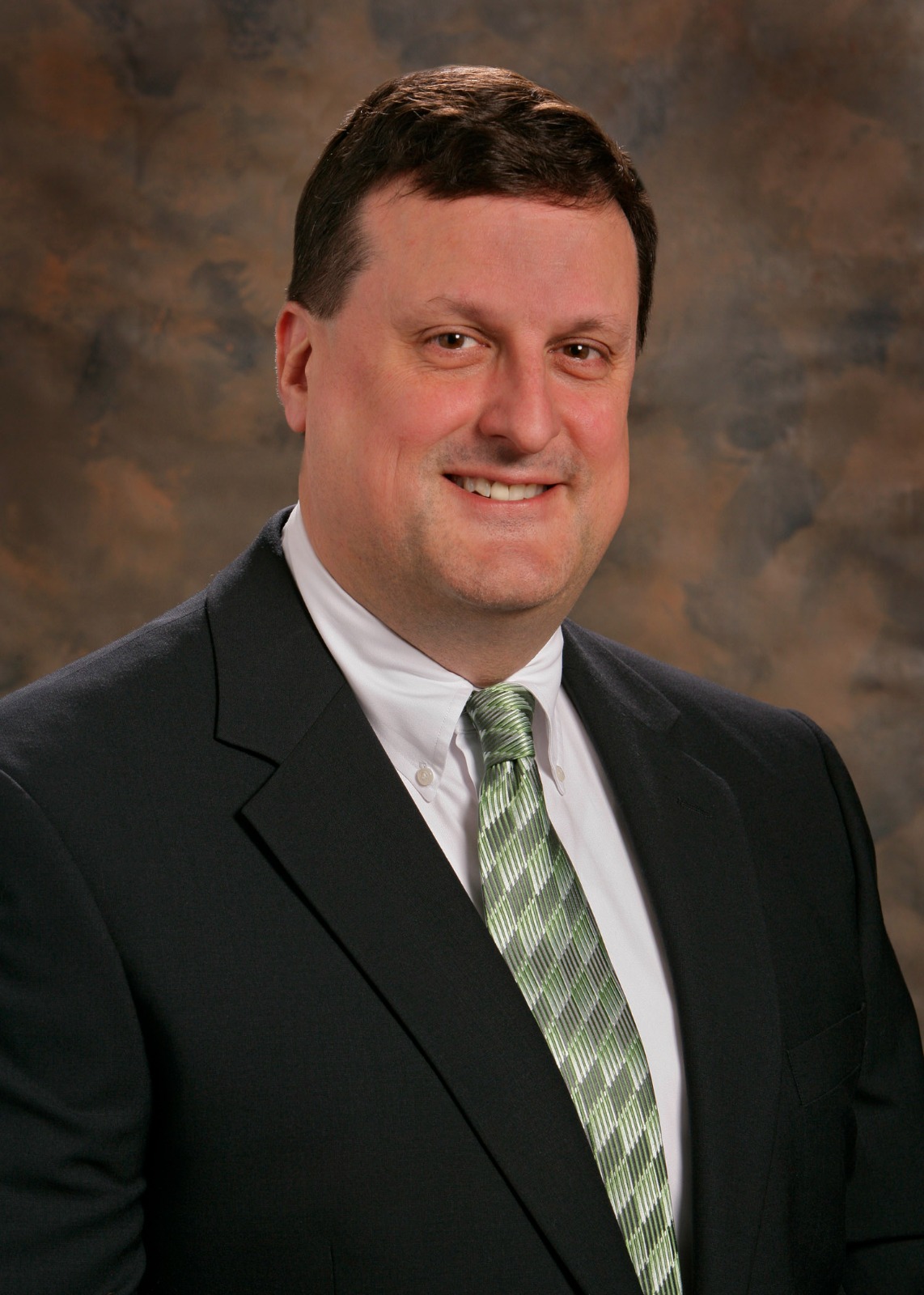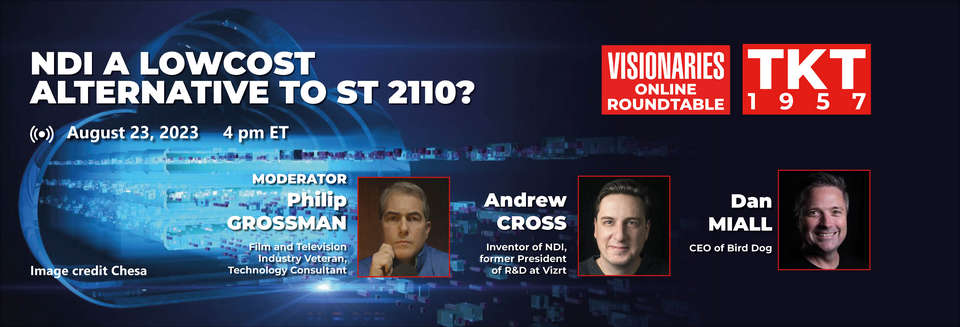Interview with Timothy J Klein, President, CEO and co-founder of ATTO Technology.
– When and where were you born? Who are your parents?
I was born in Buffalo, New York, a suburb near Niagara Falls and close to Toronto on the US side. I grew up in a blue-collar neighborhood. My father worked for United Airlines, mainly in the baggage and fueling areas. My mother stayed at home to raise us and was involved in everything we did in life.
– How many siblings do you have?
I have two sisters and one brother. I’m the second oldest.
– What subjects interested you in school?
I was always interested in science, history, and math. Those were my best subjects. In high school, I started getting involved in Economics, but in college, I became interested in engineering. I pursued a degree in Electrical and Computer Engineering. After that, I pursued business courses and began my MBA, which I later put on hold to focus on the company.
– Did you have any hobbies or play any sports?
I played tennis when I was younger and collected coins and stamps. I always seemed to have a job from the age of 11 or 12, whether it was delivering newspapers, mowing lawns, raking leaves, or shoveling snow. These jobs helped fund my education.
– Which universities did you attend and why?
I attended Canisius College in Buffalo for pre-engineering because it was a smaller school with small class sizes, allowing for better learning. Later, I transferred to the State University of New York at Buffalo, where I finished my coursework in engineering. The larger class sizes there provided a different experience. In the first year, everyone wanted to be an engineer, but by the second year, only about 20% remained.
– How did you finance your university education?
I paid for my own education. I took out some student loans and worked full-time jobs while in school. My parents believed that if you pay for your education, you will work harder and appreciate it more. We passed on that philosophy to our children as well.
– What was your first job?
My first job was as a paperboy at the age of nine. I also did various odd jobs, worked in a restaurant washing dishes and later as a cook. During high school and college, I worked in a nursing home for four or five years. I took different professional internship jobs before starting my career.
– What was your first job after completing your MBA?
My first engineering job was at Motorola. I moved from Buffalo to Phoenix, Arizona to work for Motorola, where we developed emulators for microprocessors and circuit boards.
– How did you find this job, considering the distance between Buffalo and Phoenix?
It was a completely different world. My older brother also worked for Motorola, so he helped me connect with someone there. Since he was living in Phoenix, I went to live with him.
– How long did you work at Motorola?
I worked there for about two and a half to three years.
– Why did you leave such a large company relatively early in your career?
My entire family was in Buffalo. I had gotten married and my wife wanted to move back to be closer to her family.
– What kind of job did you find when you moved back to Buffalo?
I started working for a smaller company called Barrister Information Systems, which specialized in making computers for law offices. I worked in the hardware engineering area, designing next-generation microprocessors.
– How long did you work for Barrister Information Systems?
I worked there for about two to three years before starting ATTO.
– What is the meaning behind the name “ATTO” for your company?
“ATTO” stands for a millionth of a millionth of a billionth, which represents the value 10^-18 or one quadrillionth.
– Whose idea was it to name the company “ATTO”?
I came up with the idea for the name. It was the engineer in me that was drawn to the scientific significance of the term.
– When did you establish your company?
We founded ATTO in 1988, so it has been 35 years now.
– Who were the founders of the company?
I co-founded the company with a friend named David Snell. David is a software engineer while I specialized in hardware engineering. We collaborated to develop solutions together.
– How did you make the transition from being an employee to starting your own company, knowing that it comes with uncertainties in terms of paychecks and balancing work and family life?
Starting my own company was indeed a daunting prospect, but my focus was on ensuring success. When I was younger, the risks seemed less significant because the worst-case scenario would be starting over. However, after we started the business and hired employees, the concernover the livelihoods of the people working for me became vitally important. It was a constant effort to secure incoming business and ensure the company’s growth. I started the company early in my life and it has become an integral part of who I am. I couldn’t imagine it any other way.
– What was the initial direction of growth for your company?
Our initial focus was on the storage area of computers. During our previous employment, we realized that system performance was often hindered by slow disk drives and subsystems. We developed the concept of creating solid-state disks using pure memory, which resulted in super-fast storage solutions. Our first product was a DRAM-based SSD. We continued to develop and sell various other products that complemented our high-performance storage solutions. This led to the growth of our connectivity products as well.
– How did you manage to grow your company from a small business in Buffalo to an international presence?
As a privately-owned company, we reinvested the profits we generated into our own growth. Instead of relying on Wall Street or venture capital, we took an incremental and step-by-step approach. We gradually expanded our customer base, established an international presence, and now operate in over 70 countries. Our product lines have expanded to include 78 different lines and over 80 products. It has been an exciting journey.
– How many employees does your company have?
We currently have around 70 employees.
– What would you consider as your greatest achievement in your professional career?
It has been a successful and fulfilling journey thus far, and I am excited about the next ten years and the continued growth of the company. One of the most rewarding aspects is witnessing the personal and professional growth of the people I work with, just as I experienced when I was younger. It brings me great pride to know that our work has positively impacted many lives and helped support families. Some employees have been with us for well over ten years, a few for twenty years, and we have built a close-knit community and team. Despite the stress, I go home every day proud of what we have accomplished. Being at the forefront of technology and supplying products worldwide from Buffalo, New York, is an incredibly fulfilling experience.
– How did you meet your wife?
I met my wife when I was 18 years old through a youth group, and our relationship blossomed from there.
– What was her occupation when you met her?
At the time, she was still in school. We attended school together, and although she was a couple of years younger, we both moved to Phoenix and got married at a young age.
– What is your wife’s occupation now?
She works in health and human services, specifically with individuals with special needs. She did this for about ten years until our second child was born, and then she decided to become a full-time mom.
– How many children do you have?
We have four children, just like my parents. We have one son and three daughters.
– Do you have any hobbies, or does your work consume most of your time?
My work is not just a hobby; it’s a significant part of my life.
– Thank you, Timothy, for sharing your story and insights with us today.











